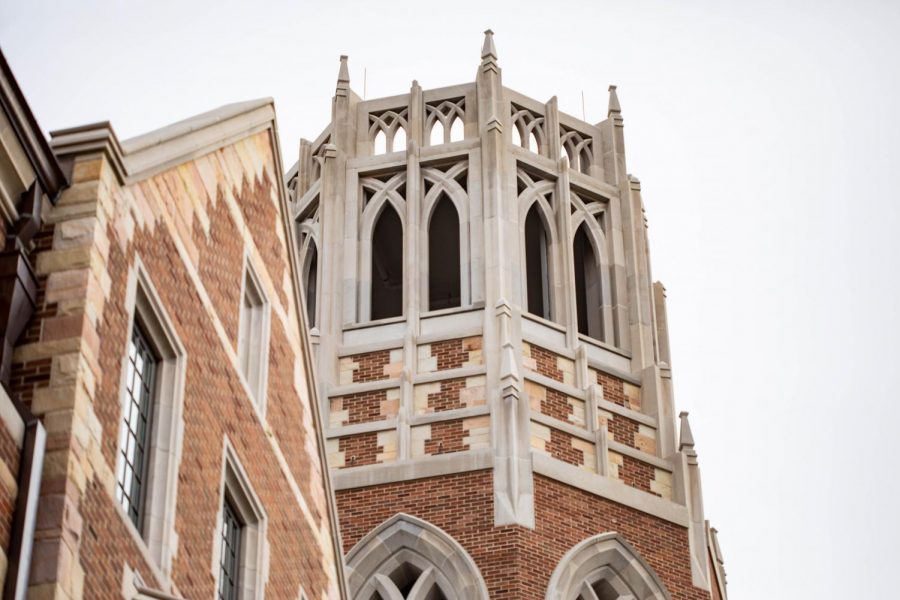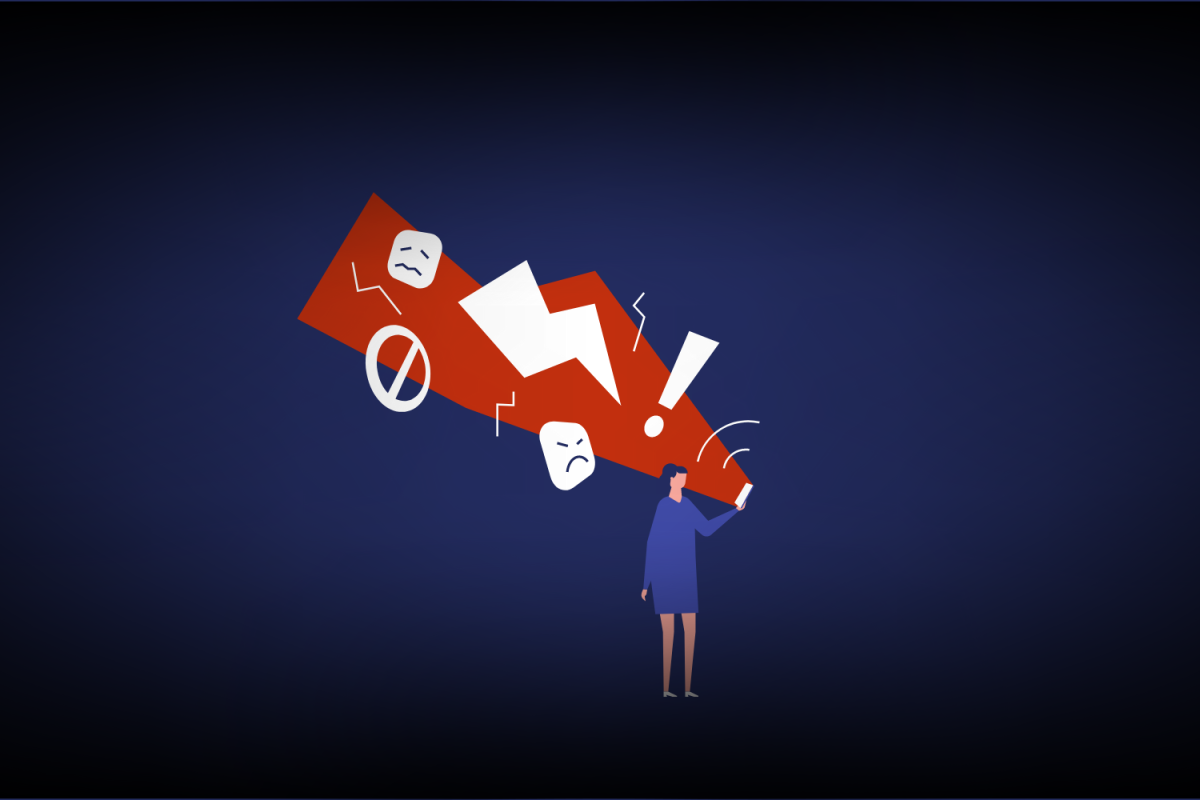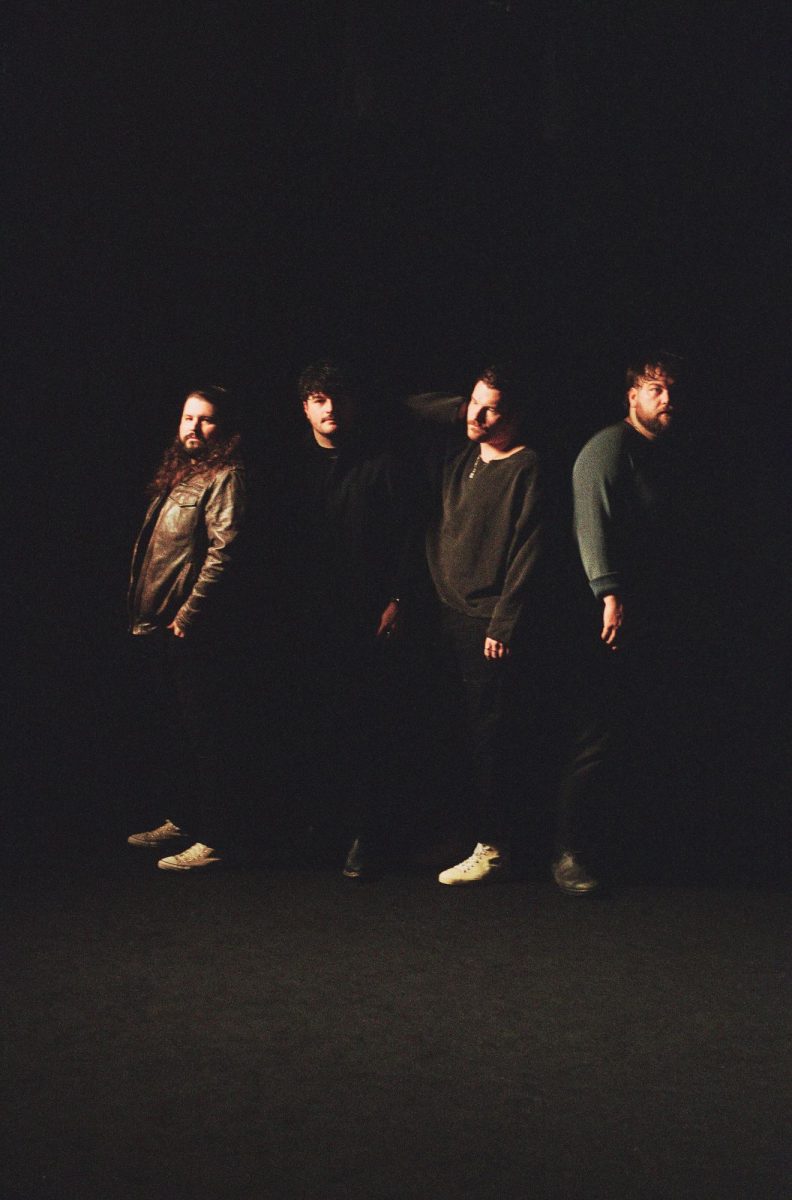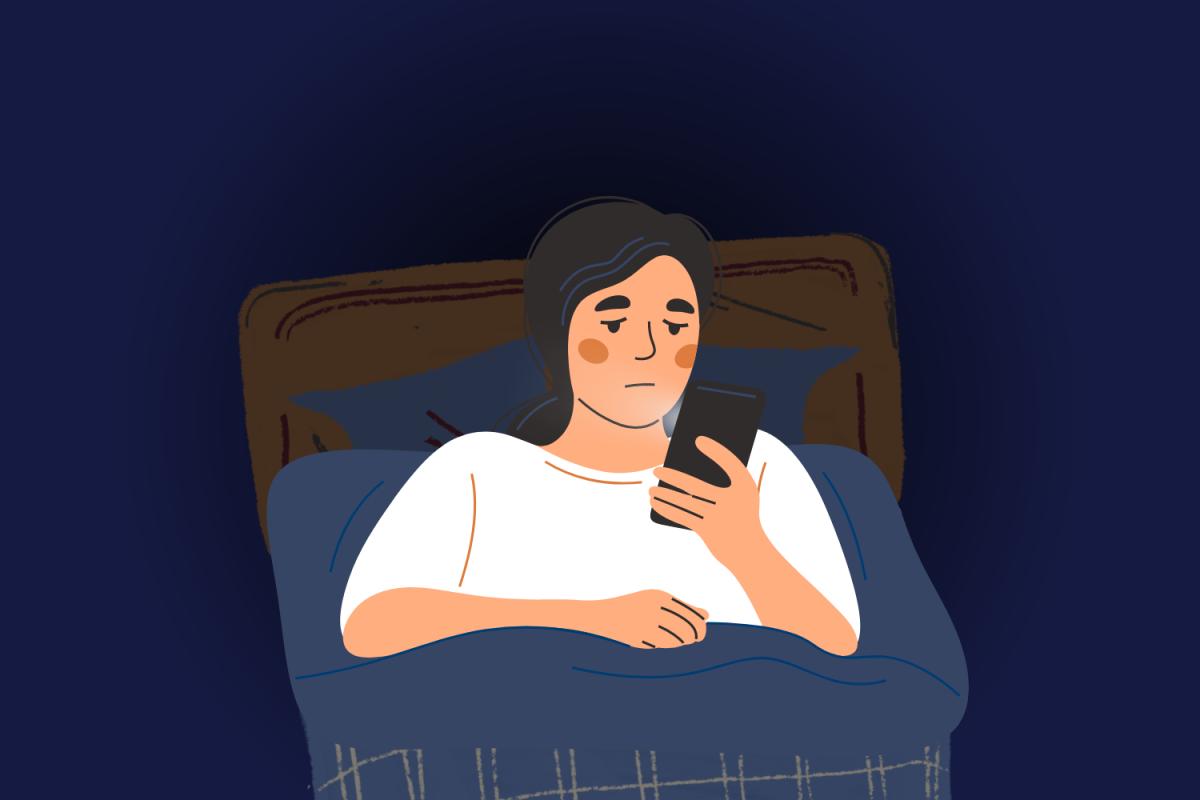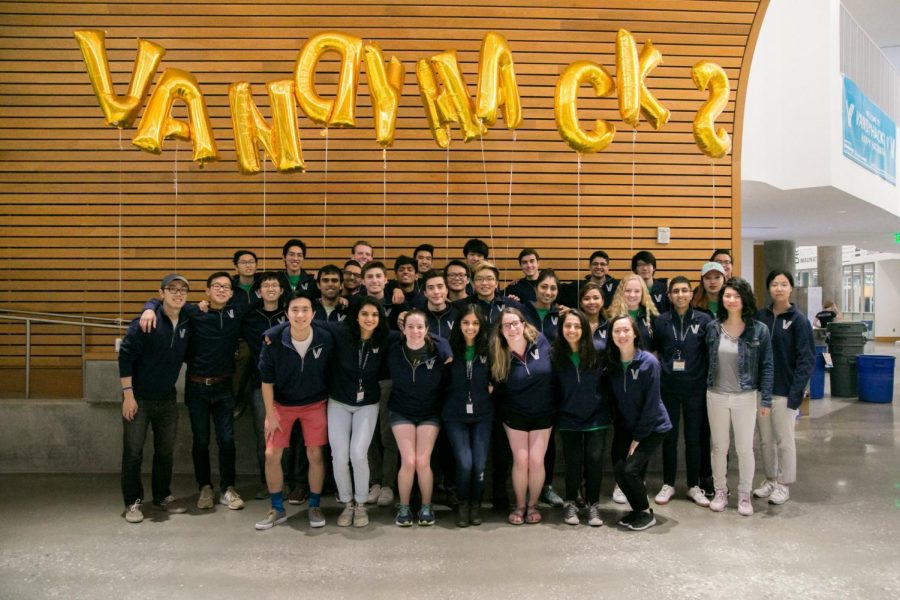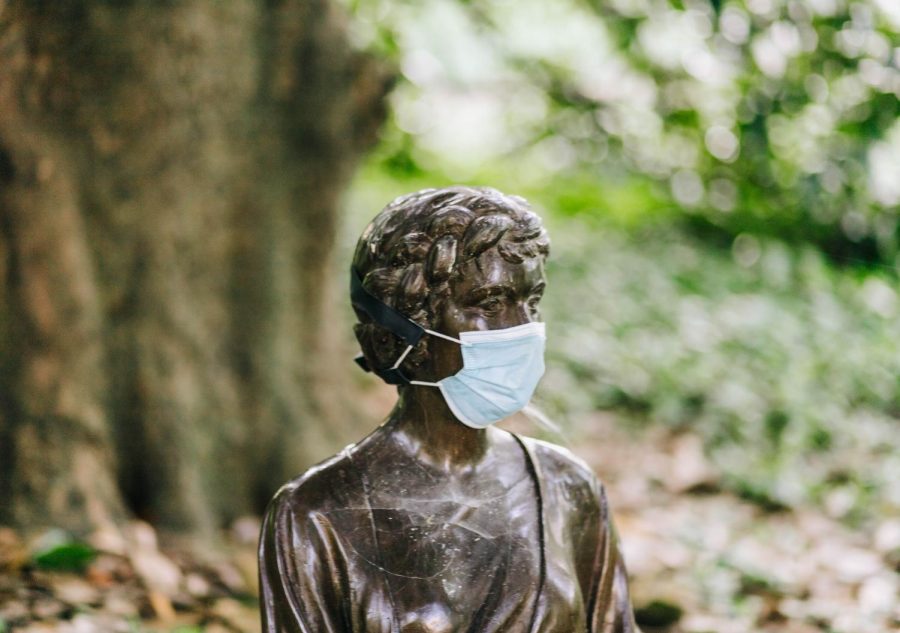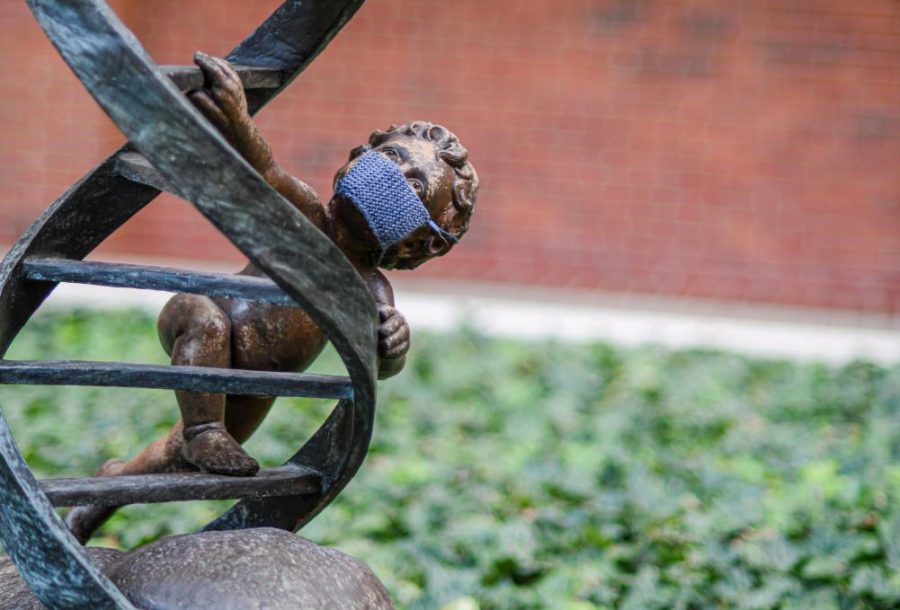Now that we’ve been back in school for a few weeks, it’s become glaringly obvious what’s changed. We’re a newspaper without access to a newsroom. Some students haven’t been to campus all year. The only thing we can count on is the fact that there won’t be fans at our home games. We’re forging ahead into uncertainty, and we’re supposed to be simultaneously masquerading as the eager and thoughtful Vanderbilt students we were previously.
But we can’t.
We can’t be challenged to police each other for social distancing violations without social outlets or academic help.
The university could easily support us by offering more venues for social interaction, such as better utilizing Vanderbilt’s acres of outdoor space or the existing outdoor dining tents. While students are now allowed to use these tents without a reservation and for other activities besides eating, it’s still the job of students to plan any activities.
It should not be the burden of student groups, such as the different committees of the Programming Board, to provide solutions to our own isolation. VPB has tried to fill the gap with events like last week’s “Virtual Palooza,” but the university should be stepping in and providing activities as well.
The “park-like setting” our school is known for should be made more suitable for school-approved, small-group activities. We want to see more university sponsored exercise classes, socially distanced games or other creative events, like outdoor movie nights on the lawns.
Offering more scenarios for students to gain social interaction while maintaining social distancing only benefits the university, since students will be less inclined to gain said interaction in non-compliant ways behind closed doors.
Besides alternative socialization, students also need more academic support. We can’t be asked to perform at our pre-COVID levels. Students are fumbling through a new educational model and learning as they go. While we appreciate and understand the lengths so many professors have taken to teach substantial lessons remotely, there are still some issues that are worth the university’s attention.
Professors with asynchronous classes should be more accommodating of their students and communicate frequently about assignments or deadlines. Specifically, professors should be helpful toward students studying remotely and especially those living internationally. These students are having to take classes in Nashville’s time zone and are facing a uniquely strenuous situation. All Vanderbilt students should be given the attention they require during this strange time, regardless of their geographic distance from campus.
We acknowledge that Vanderbilt is attempting to be there for its students. They’ve made the outdoor dining tents more conducive to student interaction and are trying to reopen the Recreation Center through socially-distant activities. However, students still need more thoughtful support. Campus resources and sporadic attempts at programming are not sufficient in catering to the mental health needs of Vanderbilt’s students.
Social opportunities and academic help are critical to our ability to rise to the occasion Vanderbilt wants us to. In order to “Anchor Down, Step Up,” the university needs to do the same and support us with unprecedented levels of programming and resources dedicated to academic growth.

